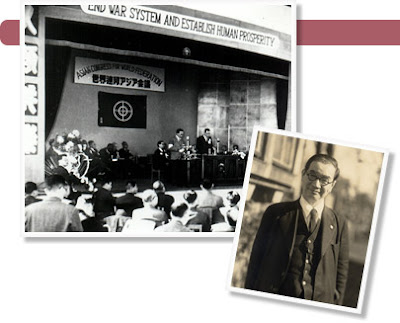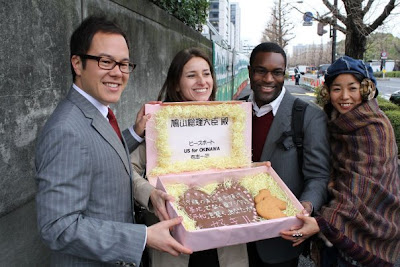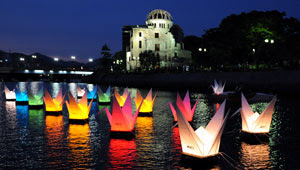Tsunami Warning
Staying away from the beach today... NHK World : The Meteorological Agency says the estimated arrival time of the tsunami is 1 PM on the east coast of Hokkaido along the Pacific, and the Izu-Ogasawara Islands, 1:30 PM in Tohoku on the Pacific coast and in Kanto, 2 PM in Tokai, and 2:30 PM in Kansai and Shikoku along the Pacific, in the Satsunan Islands, and in Okinawa, 3 PM in eastern Kyushu, 3:30 PM in western Kyushu, and 4 PM on the coast in the Seto Inland Sea. 2010/02/28 09:47 (JST) JMA has the map . Update 18:45 The largest wave (or tide) seems to have been about 120 cm high in Iwate prefecture, and there are no reports of any major damage in Japan. From Chile, however, the reports indiacte that the situation is really bad.













